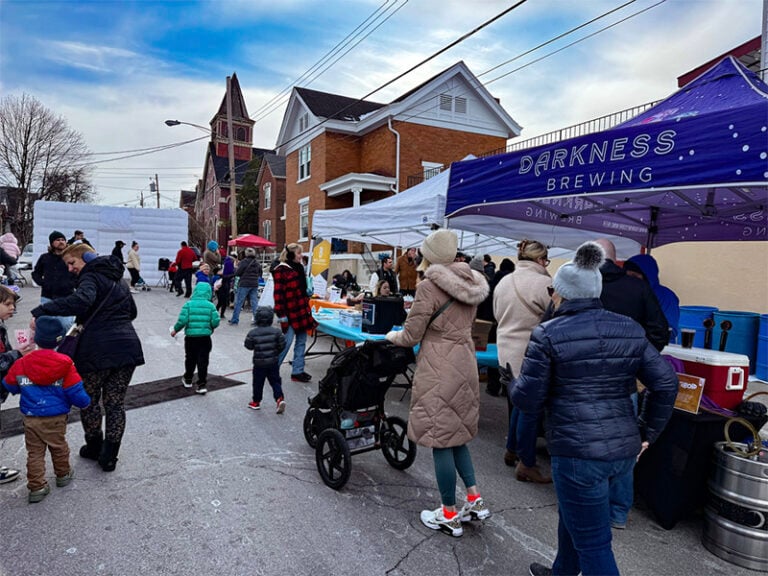By Melissa Patrick
Kentucky Health News
State health officials have announced that a third infant has died from pertussis, or whooping cough, in Kentucky in the past 12 months.
“We are deeply saddened to learn of another infant death in Kentucky due to pertussis and are concerned by the volume of cases we are seeing throughout the Commonwealth,” Dr. Steven Stack, secretary of the Cabinet for Health and Family Services, said in a news release.
As of Nov. 19, the state health department reports that there have been 566 cases of whooping cough identified in Kentucky, with health officials anticipating additional cases in the final weeks of the year.

The Kentucky Department for Public Health reports that none of the three infants who died from whooping cough had been vaccinated, nor had their mothers.
The three infant deaths from whooping cough are the commonwealth’s first whooping cough deaths reported since 2018.
KDPH has warned Kentuckians about the rising threat of whooping cough, noting the largest spike in cases reported in the Commonwealth since 2012. The increases are due, in part, to the national decline in vaccination rates, according to the release.
“We continue to urge Kentuckians to get their whooping cough vaccine and to make sure they are up to date on all other recommended immunizations,” Stack said. “Many illnesses can be prevented through vaccination, which helps protect not only the individual but also those around them.”
Vaccination recommendations
The pertussis immunization is combined with the tetanus and diphtheria vaccines (DTaP and Tdap). Infants can receive the DTaP vaccine at the age of 2 months. The Tdap vaccine is recommended for women during pregnancy to help provide early protection for the baby.
Whooping cough vaccination is required for Kentucky school children. However, data from the 2024-2025 Kentucky school immunization survey indicate that only 86% of kindergarteners and 85% of seventh graders are up to date on their required whooping cough vaccines.
Health officials encourage everyone to remain up to date with their pertussis vaccines.
This includes:
• All pregnant women should be immunized during every pregnancy to protect their babies.
• Infants should be immunized when they are 2 months, 4 months, 6 months and 12 to 15 months old.
• Children should be immunized before starting kindergarten.
• Older children should be immunized when 11 to 12 years old.
• Teens and adults should be immunized at least every 10 years or sooner if an injury occurs, or to protect a newborn.
Other ways to prevent the spread of whooping cough and other infectious illnesses include washing hands often, covering coughs and sneezes, and staying home when sick.
Symptoms of whooping cough can vary based on age and vaccination status, but typically begin with a runny or congested nose and mild coughing. After one to two weeks, the cough can progress to rapid, violent coughing fits that may cause the characteristic “whooping” sound, vomiting or labored breathing.

















